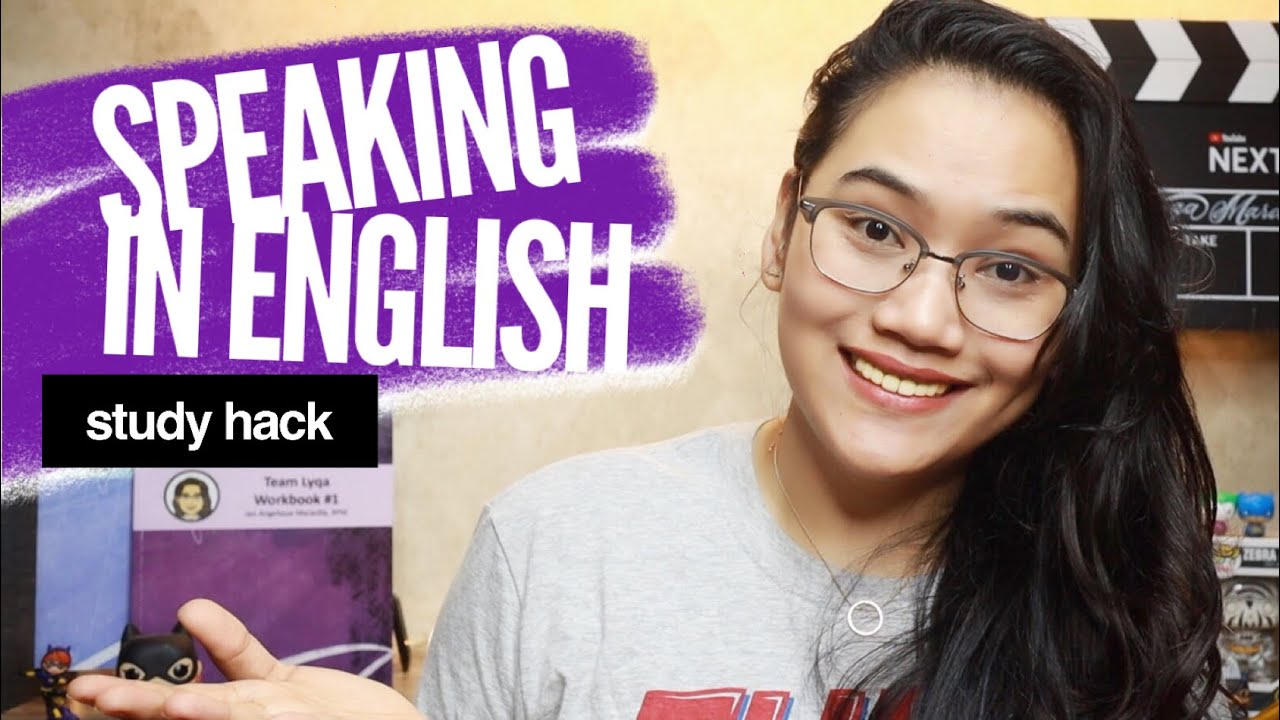Learn How to Read English Books for Beginners
Summary
TLDRIn this video, Lea shares her top five tips for non-native English speakers to improve their language skills through reading. She emphasizes choosing the right book, understanding context over individual words, and not getting frustrated by complex language. Lea advises against looking up every new word but recommends focusing on frequently appearing or crucial words for understanding. She also suggests using translators to learn pronunciation and alternative words, and encourages active use of new vocabulary in different contexts to enhance learning.
Takeaways
- 📚 Choose the right book: Start with simple language and less complex stories to build confidence.
- 🚫 Avoid frustration: Don't select overly complex books that might hinder your learning progress.
- 👶 Start simple: Consider children's or youth books, comic books, or short stories for beginners.
- 📈 Progress with purpose: As you advance, select books based on interest rather than just simplicity.
- 🙅♀️ Don't stress over details: Focus on understanding the overall context instead of every single word.
- 🔍 Highlight new words: Mark unfamiliar words to become aware of new vocabulary without interrupting your reading flow.
- 🔁 Look up words strategically: Only search for words that are crucial or appear frequently after getting the general idea of the story.
- 🗣️ Listen to pronunciation: Use online tools to hear how new words are pronounced to improve your listening and speaking skills.
- 💡 Learn synonyms: Explore alternative words when looking up new vocabulary to expand your language range.
- 👨🏫 Practice usage: Actively use new words in different contexts to reinforce learning and application.
Q & A
What is the main topic of the video?
-The main topic of the video is discussing the top five beginner tips on how to read English books effectively to improve English language skills.
Who is the speaker of the video?
-The speaker of the video is Lea, a non-native English speaker who shares her personal experiences and tips on learning English through reading.
Why did Lea start learning English at nine or ten years old?
-Lea started learning English at nine or ten years old because that was when she began to learn it in school, which she considers a bit late.
What is the first principle Lea suggests for choosing the right book to read in English?
-The first principle Lea suggests is to choose easily written books with simple language and less complex stories, such as children's or youth books, comic books, or collections of short stories.
What should one avoid while reading English books according to Lea?
-According to Lea, one should avoid trying to understand every single word and instead focus on understanding the overall context and bigger picture of the story.
How does Lea recommend dealing with new words encountered while reading?
-Lea recommends highlighting or underlining new words, but not looking them up immediately. Instead, one should try to understand their meaning from the context and look up words that appear frequently or are crucial to understanding the paragraph.
What is the importance of looking up new words collectively rather than individually?
-Looking up new words collectively after each chapter, for example, can save time compared to looking up each word individually and allows for a more focused reading experience.
Why is it important to hear new words read aloud when learning English?
-Hearing new words read aloud is important because it helps with learning not only the spelling but also the pronunciation of the words, which is crucial for language acquisition.
What are the two additional steps Lea suggests when looking up new words?
-The two additional steps Lea suggests are to have the words read out loud to learn their pronunciation and to explore alternatives or synonyms provided by translators to enrich vocabulary.
How does Lea recommend practicing new vocabulary?
-Lea recommends practicing new vocabulary by repeating the word, using it in a sentence, and trying to retell the story in one's own words to apply the new word in a different context.
What does Lea encourage viewers to do after watching the video?
-Lea encourages viewers to share their own English book reading tips in the comments, give the video a thumbs up, and subscribe to her channel for more learning experiences and best practices.
Outlines

This section is available to paid users only. Please upgrade to access this part.
Upgrade NowMindmap

This section is available to paid users only. Please upgrade to access this part.
Upgrade NowKeywords

This section is available to paid users only. Please upgrade to access this part.
Upgrade NowHighlights

This section is available to paid users only. Please upgrade to access this part.
Upgrade NowTranscripts

This section is available to paid users only. Please upgrade to access this part.
Upgrade NowBrowse More Related Video

Learn English FAST: The Essential Podcasts for Learning English

How to Speak English Fluently - 4 Tips Para Gumaling Mag-English | Study Hack

5 Tips to Ace Your Interview If You Are Not Fluent in English | How to Clear your job interviews?

How to Improve Your English Pronunciation (The First Thing You Must Do)

Ways to Improve English Listening Skills and Understand Native Speakers

The IMPORTANCE of USING TEXTBOOKS Written BY NATIVE SPEAKERS
5.0 / 5 (0 votes)